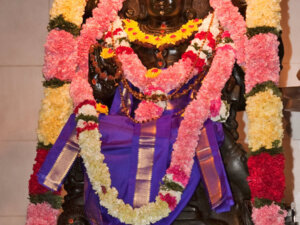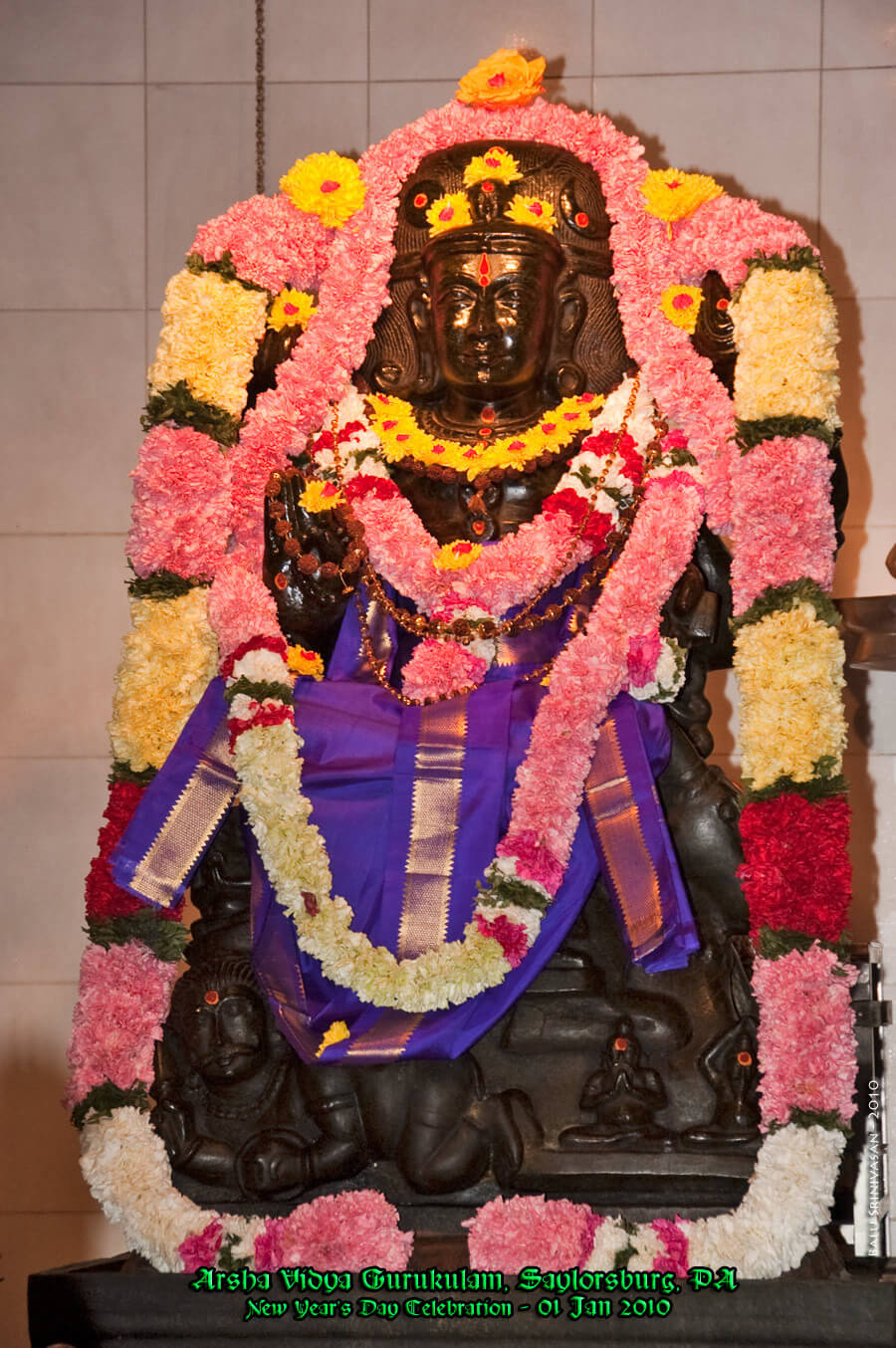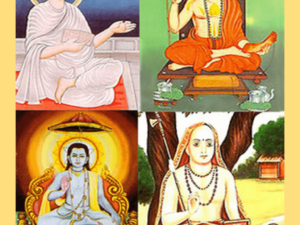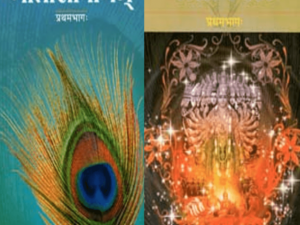Description
Upanishadic Dialogues: Philosophical Reflections Course Description:
This course, “Upanishadic Dialogues: Philosophical Reflections’, unfolds the philosophical vision and insights found in the various dialogues in the major eleven Upanishads. The study of Upanishads is vast and fundamental for the understanding of Hinduism.
It helps us to find congruity and coherence between our cultural and philosophical understanding of ourselves. It gives us strength and clarity in life on the personal, religious, and social levels.
Upanishads introduce us to the origin of philosophical concepts that later develop in the different schools of philosophy like the Shad Darshanas and all the later philosophical scriptures in Hinduism. As Upanishads exhibit a clear philosophical understanding of the meaning, purpose, and goal of human life, it helps us to identify, examine and find solutions to contemporary challenges.
Course content:
Learning Upanishads is a transforming journey. It changes our perspective towards living life, understanding relationships, and grasping the meaning and purpose of life. These dialogues in the Upanishads speak to everyone freshly and newly at every stage of life. It enhances not just our intellectual understanding but expands our conscious awakening.
This course will have three major components of learning.
1. Reading and understanding the parts of the main scripture.
2. Contemplation, analysis, and discussion-based activities.
3. Writing and presenting the understanding in the form of a paper presentation.
Some of the major dialogues that will be discussed and taught are:
1. Yama and Nachiketa samvaad from Katha Upanisad.
2. Dialogues from Prasna Upanisad.
3. Dialogue from Kenopanisad.
4. Shaunaka and Angiras dialogue from Mundakopanishad.
5. Uddalaka and Swetaketu samvad from Chandogya Upanishad.
6. Yagnyavalkya and Maitreyi samvad from Brhadaranyaka Upanishad.
7. Yagnyavalkya and Janaka samvad from Brhadaranyaka Upanishad.
With a few more interesting dialogues from other Upanishads, this course will enhance student’ s understanding of Hindu philosophy’s metaphysical, epistemological, and ethical concepts. We will also explore the interpretations of the Upanishads by philosophers like Shankaracharya, Ramanujacharya, Vivekanand, and Aurobindo.
Course Learning Objectives:
In this course students will be able to:
Describe the Upaniṣadic foundations of Hindu philosophy.
Correlate various Hindu philosophical schools with the Upaniṣads.
Recognize how the West has responded to the Upaniṣads.
Analyze contemporary challenges using an Upaniṣadic lens.
Class Structure:
There will be a minimum of 3 contact hours with the faculty weekly. The class structure is aimed to promote learning, self-study, reflection, and discussion every week. The students will have to attend and participate in every class except for emergency reasons as it will benefit them in learning most from the class. The students will have to present a paper at the end of the course to the class and actively engage with the questions and comments posed by their peers and faculty. The grading ratio is as follows-
o 10% formative assessment.
o 20% mid semester assignment
o 50% final paper
o 20% for attendance and class participation and discussion
Required / Elective: Required
Area of Study: Hindu Studies Foundation
Prerequisites: Admission into the MA or Doctoral Program in Hindu Studies. *NOTE: This course counts towards the DHS Language Requirement.
Faculty / Instructor: Dr.Kalika Uttarkar
Start Date: January 24, 2023
End Date: May 16, 2023
Day: Every Tuesday
Time: 07:00 pm EST – 10:00 pm EST
Quarter Offered: Winter 2023

























